What do chicken farms do with male chicks? Commercial hatcheries have no need for male chicks, so they are killed as soon as their sex is determined. They are either ground alive or gassed to death, whichever way the farms find convenient. Let’s get into the grisly details.
What do chicken farms do with male chicks?
In commercial chicken farming, there are separate hatcheries that fertilize eggs and produce chicks for two purposes. They produce either broiler chicks for meat or layer chicks that will grow up to lay eggs for egg farms. In the case of layer chicks, they have to be female, or they won’t lay eggs. The chicken industry has absolutely no use for the male chicks that are unfortunate enough to be born.
If male chicks cannot grow up to lay eggs for the market, they also cannot be used for meat. Why? In commercial farms, the chicks used for meat and the chicks used for eggs are completely different. The breed is different as is the type of chicken and the factory too. These hatcheries cannot sell roosters to egg farms. They also cannot sell these roosters to a broiler farm.
So what do chicken farms do with male chicks? They are killed. Sexing chicks or determining the sex of the chicks happens as soon as they are born. A healthy female chick is transferred to a layer farm that will grow these hens for eggs in cages, barns or free-range.
According to the Model Code of Practice for the Welfare of Animals, male chicks must be killed in the most humane way possible. According to the code, the chicks must be killed quickly by carbon dioxide gassing or maceration.


Is the manner in which chicks are killed humane?
Most of the methods used in commercial farms to kill male chicks are NOT humane. But they are approved by USDA nevertheless.
There are several methods used to kill male chicks. They are ground, gassed, electrocuted or killed by thoracic compression.
Cervical dislocation is when the necks of the chicks are separated from their spinal cords causing a fast but not painless death. So some organizations do term this method as ethically acceptable, but there is no doubt that it causes suffering before death.
Electrocution is running the chicks through with a high electric current till they die. This method is akin to torturing chicks before death. When an adequately high voltage current is run through the chicks, it causes them to die immediately, stopping the hearts in a second. But if not, the chicks suffer for a long time before they die.
Maceration or grinding the chicks is one of the most popular and horrifying ways the male chicks are killed. This is a method approved in the U.S. Grinding or mincing them alive will cause immediate death, but it’s still terrible to think of. This method shreds the chicks into tiny parts so that they are easy to dispose of. The waste is then sold as food for cats and dogs or buried.
Asphyxiation is a method of killing male chicks using inert gas like carbon dioxide. This method aims to deprive the chicks of oxygen in their bodies, causing organ failure and death. This is a common method used in large hatcheries.
Suffocation is another horrible method that involves sealing the chicks in huge plastic bags. Once their oxygen supply is cut, they die. But imagine the suffering and turmoil that would take place inside the chicks before they are finally dead.
What can we do to prevent male chicks from being killed senselessly?


Male chicks being killed cannot be avoided in commercial farms. But when you are the ones hatching the eggs and have a choice with what to do with male chicks, you can try some of these options.
1. Sell them
You will not be able to sell chicks for a high price, but you can sell them if you price them reasonably. There are people who have only hens and would like to raise a rooster among them.
2. Eat them
Male chicks can be eaten. They are not the same type of chickens as broilers, but they will taste just as fine.
3. Feed them to predators.
Raising a big flock of roosters is nearly impossible. Because they can be aggressive with each other. So if growing the male chicks and slaughtering them for meat is not a good option, you can feed them to predators. Animals like snakes, foxes, crows and cats. This should not be too difficult. If you just set them loose in the wild, there will be plenty of predators who will pounce on them. But beware, when predators get a taste for fresh chicks, they may start badgering you for more and more. You could also donate them to a zoo or animal center to be fed to snakes and other predators.
4. Use them for egg fertilization.
You could do with a rooster or two to fertilize your flock of hens. If you introduce multiple roosters to your hens, be careful; there could be some aggressiveness and fighting. But you would have to figure out what to do with the rest of the male chicks.
5. Genetic modification
Yes, scientists still haven’t got that far but they are well on the way. If they succeed in producing chicks that are 100% female by determining and altering their sex before they are born, then this would be a great way to overcome the problem of male chicks in commercial hatcheries. Embryonic sexing technology is being developed all over the world and will be perfected in a matter of years.
6. Oxo Sexing technology
Oxo Sexing technology is where companies use advanced technology to identify the sex of chicks when they are eggs, thus preventing the senseless killing of chicks after they are born.
7. Growing dual-purpose chickens
Dual-purpose chickens like Black Astorlorp and Speckled Sussex are another good way to overcome the male chick problem. Dual-purpose chickens will be good for laying hens as well as using them for meat, so male chicks that are born can simply be used for meat production.


What do chicken farms do with male chicks? Summary
Male chicks are ground, gassed, electrocuted or killed by thoracic compression. There are a few ways to overcome these problems when male chicks are produced on a small scale. But the problem is pretty difficult to manage in massive commercial hatcheries.
How do chicken farms fertilize eggs? Read through the entire mating and brooding process.
*All pics are taken from Unsplash.com
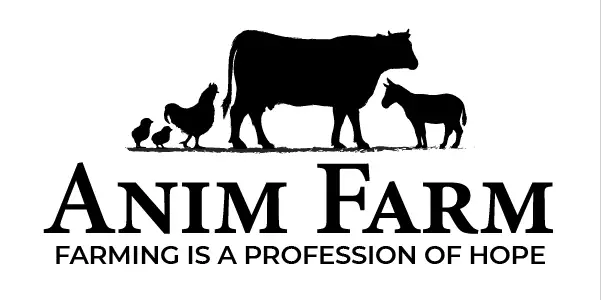
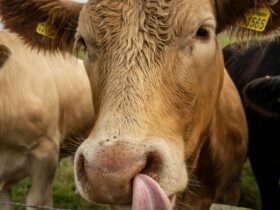
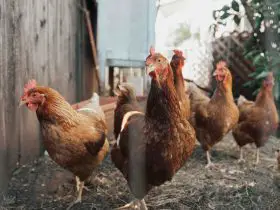
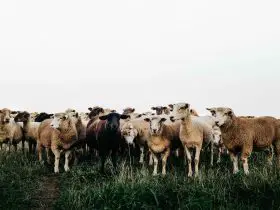
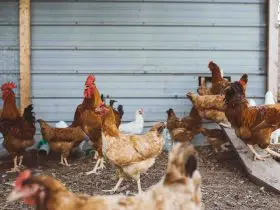
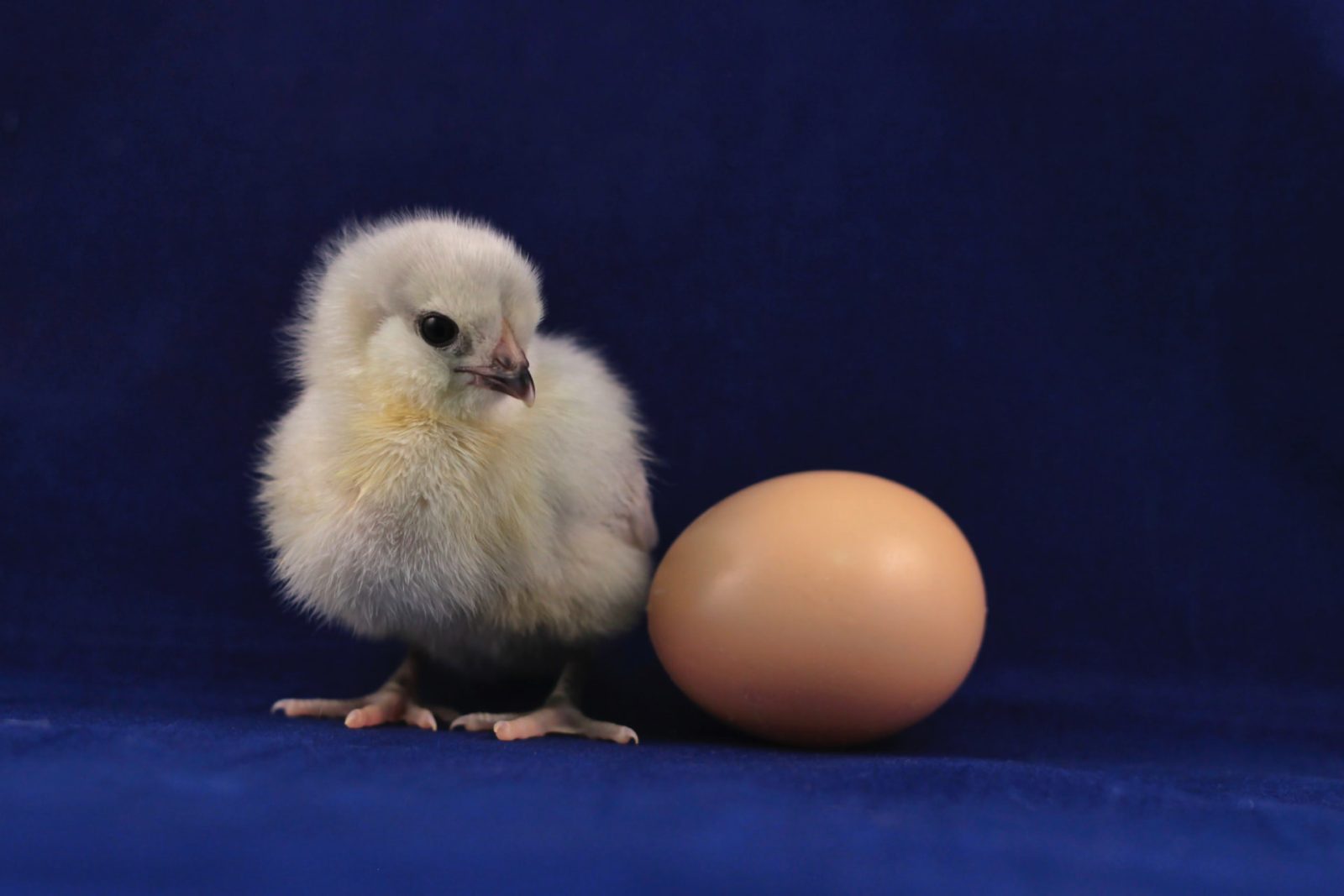
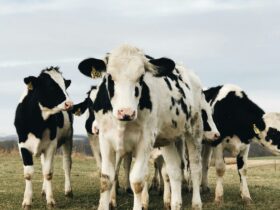
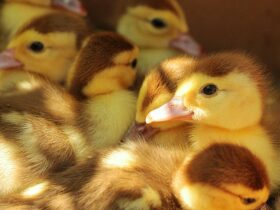
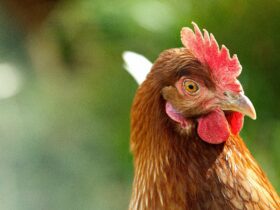

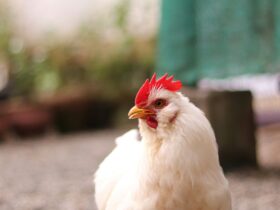

Hello!! Welcome to Anim Farm